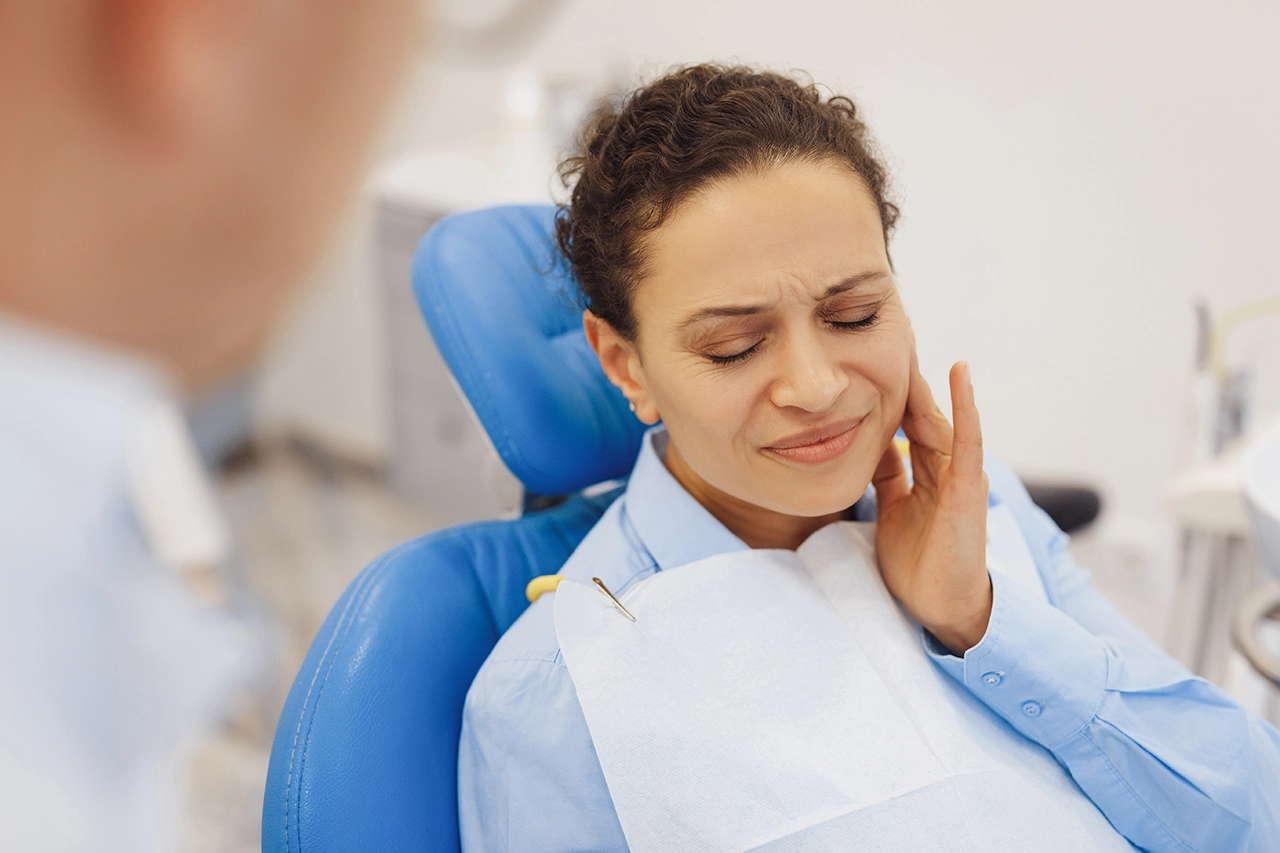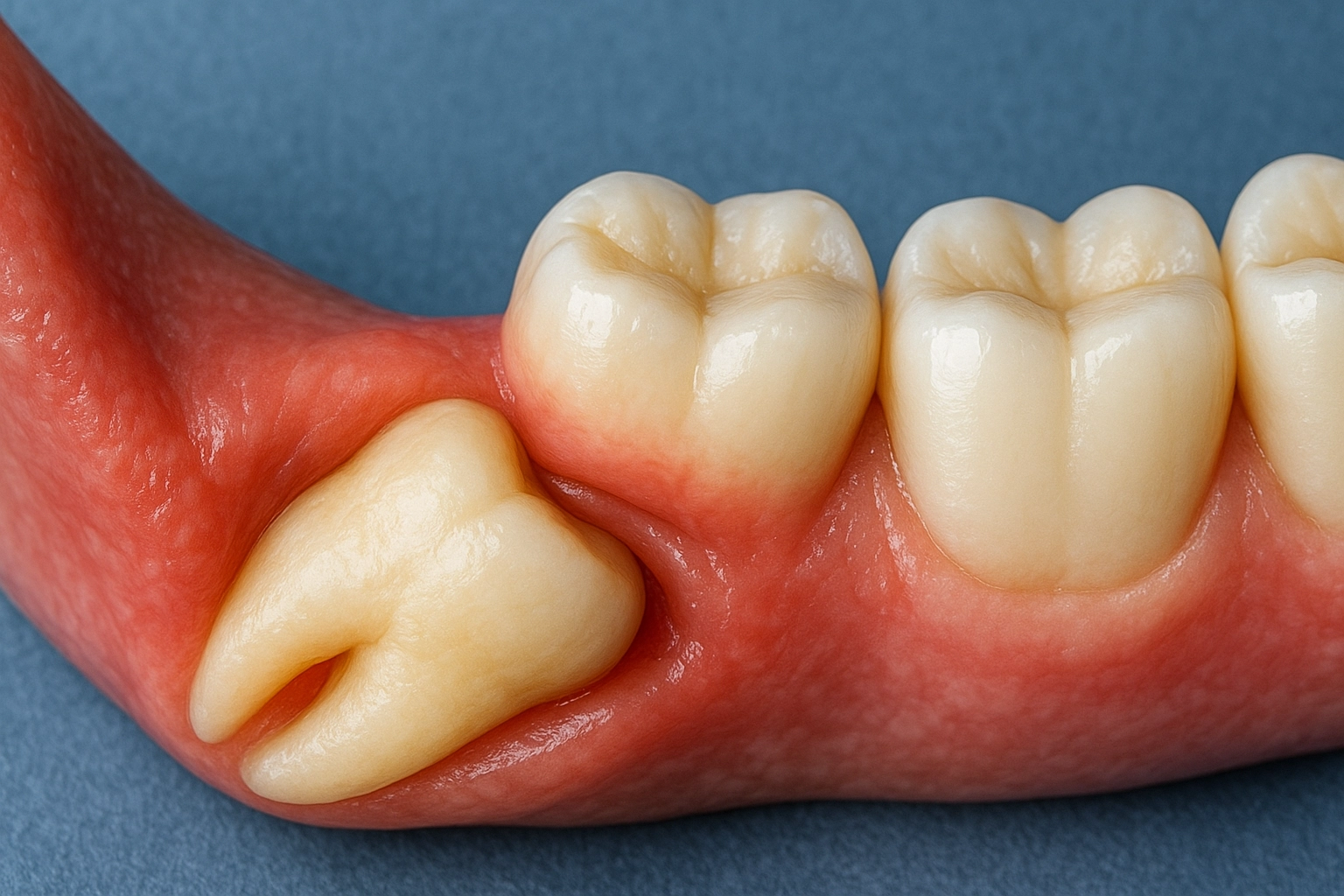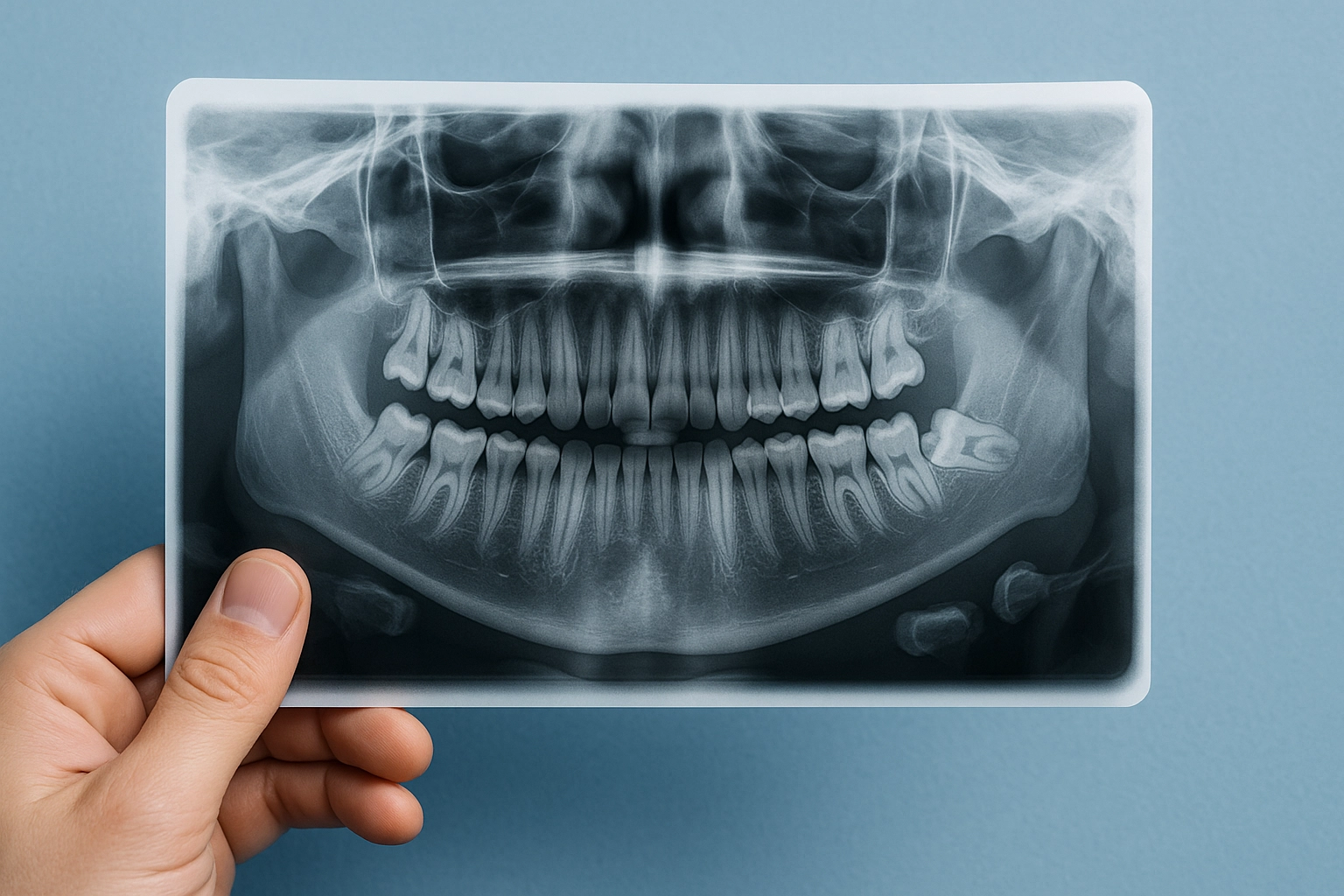
Understanding Wisdom Teeth - Everything You Should Know (UK Guide)
Wisdom teeth, or third molars, are the final set of molars that typically emerge between the ages of 17 and 25. Anthropologists believe these teeth were essential for our ancestors, who had larger jaws and consumed a diet requiring more chewing. However, modern diets and smaller jaw sizes have rendered these teeth less necessary, often leading to complications when they erupt.
In many cases, individuals have four wisdom teeth—two on the top and two on the bottom. However, some people may have fewer, and others may not develop them at all. The presence and number of wisdom teeth can vary due to genetic factors.
Do All People Have Wisdom Teeth?
Not everyone develops wisdom teeth. Studies suggest that approximately 25% of the population may be congenitally missing one or more wisdom teeth. This variation is often attributed to evolutionary changes and genetic factors.
For those who do develop wisdom teeth, the number can range from one to four, and in rare cases, more. The absence of wisdom teeth does not indicate any dental health issues; in fact, it can be advantageous by eliminating potential complications associated with their eruption.
Why Are Wisdom Teeth Often Problematic?
Modern human jaws are typically smaller than those of our ancestors, leaving insufficient space for the proper eruption of wisdom teeth. This lack of space can cause the teeth to become impacted, meaning they are trapped beneath the gum line or grow at an angle.
Impacted wisdom teeth can lead to various issues, including pain, infection, damage to adjacent teeth, and other dental problems. Even if they are not causing immediate discomfort, impacted wisdom teeth can still pose risks to oral health.
Types of Impaction

Wisdom teeth impaction is classified based on the tooth's orientation and the extent to which it has erupted:
- Mesial Impaction: The tooth is angled forward, toward the front of the mouth. This is the most common type of impaction.
- Distal Impaction: The tooth is angled backward, toward the rear of the mouth. This is less common.
- Vertical Impaction: The tooth is correctly aligned but fails to erupt fully through the gum line.
- Horizontal Impaction: The tooth lies horizontally within the jawbone, often pressing against adjacent teeth.
Understanding the type of impaction is crucial for determining the appropriate treatment approach.
Soft Tissue vs. Hard Tissue Impaction
Impacted wisdom teeth can also be categorized based on the surrounding tissue:
- Soft Tissue Impaction: The tooth has partially erupted through the gum but remains partially covered by soft tissue. This can create a pocket where bacteria accumulate, leading to infection and inflammation.
- Hard Tissue Impaction: The tooth is encased in the jawbone and has not erupted through the gum. This type often requires surgical intervention for removal.
Both types of impaction can lead to complications if not addressed promptly.
Symptoms of Problematic Wisdom Teeth
Signs that your wisdom teeth may be causing issues include:
- Pain or discomfort in the back of the mouth
- Swelling and redness around the gums
- Difficulty opening the mouth or chewing
- Bad breath or an unpleasant taste in the mouth
- Headaches or jaw pain due to pressure from impacted teeth
If you experience any of these symptoms, it's essential to consult with a dental professional for evaluation and appropriate management.
Diagnosis and Evaluation

Diagnosing impacted or problematic wisdom teeth involves a comprehensive dental examination, including:
- Clinical Assessment: Your dentist will examine your mouth for signs of swelling, infection, or misalignment.
- Dental X-rays: Imaging helps determine the position of the wisdom teeth and the extent of impaction.
Early detection allows for better planning and management, potentially preventing more severe complications.
Treatment Options
Treatment for problematic wisdom teeth depends on the severity of the impaction and associated symptoms:
- Monitoring: If the teeth are not causing issues, your dentist may recommend regular monitoring.
- Extraction: Surgical removal is often necessary for impacted or symptomatic wisdom teeth. This procedure is typically performed under local or general anesthesia.
- Medication: Antibiotics or pain relievers may be prescribed to manage infection or discomfort before or after extraction.
Your dental professional will discuss the best course of action based on your specific situation.
Risks and Complications of Extraction
While wisdom teeth extraction is a common procedure, it carries potential risks:
- Dry Socket: A painful condition where the blood clot at the extraction site dislodges, exposing bone and nerves.
- Infection: Bacterial infection can occur at the extraction site if not properly cared for.
- Nerve Damage: Rarely, the procedure can affect nearby nerves, leading to numbness or tingling in the lips, tongue, or chin.
- Bleeding: Prolonged bleeding may occur post-surgery, requiring medical attention.
Discuss these risks with your dentist to understand how they apply to your case and how to mitigate them.
Wisdom Teeth and Orthodontic Considerations
Wisdom teeth don’t just affect oral health - they can also influence orthodontic treatment and the long-term stability of your bite. When these third molars push forward due to a lack of space, they may cause crowding of the front teeth, even after braces or aligners have straightened them.
Orthodontists often monitor the development of wisdom teeth in adolescents and young adults who have undergone orthodontic treatment. In cases where there’s a high likelihood of impaction or crowding, proactive removal may be recommended to preserve the alignment of your adult teeth.
That said, the relationship between wisdom teeth and dental crowding is still debated. While some professionals argue they can cause anterior crowding, others believe their impact is minimal. Regardless, orthodontic and dental teams often collaborate closely to assess whether extraction is necessary in your unique case.
If you’re considering or have completed orthodontic treatment, speak with your provider about how your wisdom teeth might affect your results - and whether preventive removal is advisable.
Common Symptoms and Their Potential Causes
Frequently Asked Questions (FAQs)
Do all wisdom teeth need to be removed?
Not always. If your wisdom teeth come through properly, are healthy, and don’t affect other teeth, removal may not be necessary. However, impacted wisdom teeth or those that increase your risk of decay, gum disease, or crowding often need to be taken out. Your dentist can advise based on X-rays and oral health status.
What is the best age to have your wisdom teeth removed?
The late teens or early 20s are typically ideal. At this stage, the roots of the wisdom teeth are not yet fully developed, making them easier to remove and reducing the risk of complications such as dry socket or nerve damage. Healing also tends to be faster in younger patients.
Can wisdom teeth cause other dental problems if left untreated?
Yes. Impacted or misaligned wisdom teeth can lead to a host of dental issues such as infections, cyst formation, damage to nearby teeth, or even bone loss. Even if they’re asymptomatic, they may still pose risks - which is why routine monitoring is key.
Is wisdom tooth removal painful?
Thanks to modern techniques and sedation options, wisdom tooth extraction is generally not painful during the procedure. Post-operative discomfort is common but manageable with pain relief and proper aftercare. Brighton Implant Clinic offers sedation dentistry for patients with dental anxiety to ensure a comfortable experience.
What can I eat after wisdom teeth removal?
Stick to soft foods such as mashed potatoes, soups, smoothies, and yogurt for the first few days. Avoid crunchy, spicy, or hot foods that may irritate the site. Gradually reintroduce solids as healing progresses, and follow all aftercare instructions to avoid dry socket.
Conclusion
Wisdom teeth are the last adult teeth to come in, but they can be the first to cause problems - especially when they don’t erupt properly. From impaction to infection, they’re a leading reason many people experience pain and discomfort in the back of their mouth during their teens or early 20s.
At Brighton Implant Clinic, we understand that decisions about your oral health can be overwhelming. That’s why our expert team is committed to providing personalised assessments, transparent guidance, and advanced treatment options - including sedation dentistry and oral surgery for complex cases.
Whether you're experiencing symptoms or simply seeking peace of mind, book a consultation with one of our experienced dentists today. Your oral health deserves expert attention - and we’re here to help you make the right decision about your wisdom teeth.










